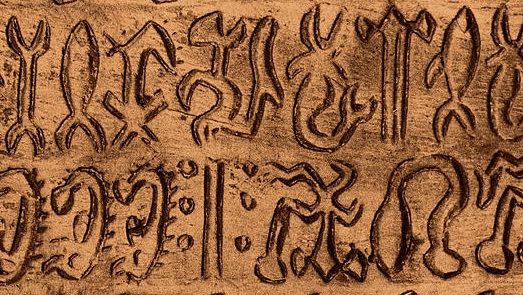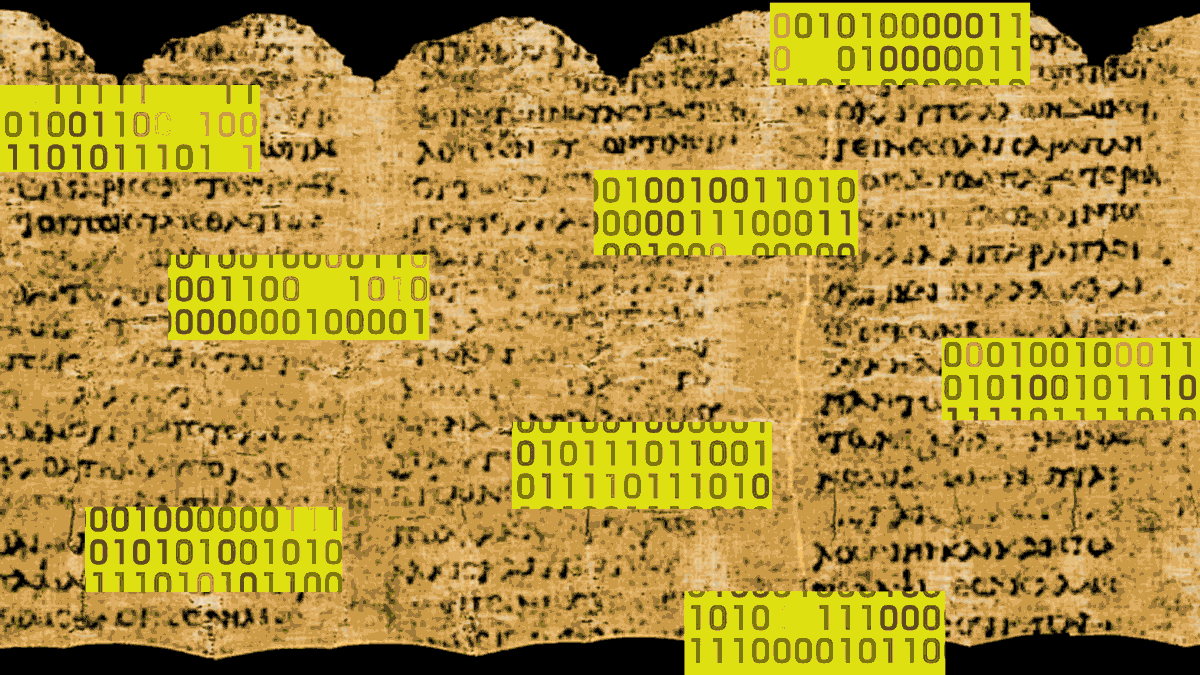There are several misperceptions about evolution, one of which is that it would drive animals toward being selfish, uncaring, and unloving toward others.
But there are several ways in which kindness and altruism can evolve through natural selection.
Two ways are kin selection (helping those who share our genes, like family members) and reciprocal altruism (helping those with whom we are in regular contact). In this way, a system of universal morals can develop.
PAUL BLOOM: There's an incorrect view of evolution which is that evolution would drive animals to be selfish, to be uncaring, to be unloving towards others. And any sort of kindness you see, either in the animal kingdom or for humans, is a mystery from an evolutionary standpoint- but that's just wrong. We now know that there's all sorts of ways in which kindness can evolve through natural selection.
One way is 'kin selection,' basically to the extent other creatures share your genes, it is beneficial for you to help them, to share food with them, to save them if they're in trouble. In any sort of community where everybody's sort of closely related, it's to an animal's benefit to be kind. A second mechanism is called 'reciprocal altruism.' What this means is that if you're in constant contact with somebody else, it can evolve a sort of practical kindness where you help them and they help you in return. And so long as that deal goes back and forth, from a cold-blooded, genetic standpoint, is the sort of thing that could sustain and survive. So, it's no mystery for a Darwinian, how we could have a sort of circle of kindness that contains those in our family, and slightly greater, those we are in constant interaction with.
But our kindness is bigger than that. Stand on a city street, look confused. If you pick the right city, some people come up to you and say, "Are you lost?" "Can I give you a hand?" We help strangers. We take care of strangers. We worry about people, not merely in our community but in places thousands of miles away. Many people, many of you give your resources, your money, your time to help people you aren't related to, maybe who aren't in your community but people who need help. There's one puzzle that often comes up which I think is less of a puzzle than people think it is. And this concerns cases where people say risk their life for a stranger, even sacrificed their life for a stranger. People say, "Oh, that's not Darwinian. That's not evolutionary because we should want to reproduce our own genes. And why would you destroy your own body to help that body of a stranger who doesn't share your same genes?" But I think the thing to keep in mind is, what we've evolved isn't behaviors, simple behaviors, single behaviors that we choose are not the product of evolution.
What we've evolved is brains, brains that think certain ways and have certain inclinations. We've evolved the capacity to think of things that evolution could have never anticipated, we're in a world of middle-size objects like trees and rocks, but we could think of sub-atomic particles or galaxies. Similarly, we've evolved a morality that's close in, it's narrow, that's small. But we're smart enough to have come to the principle of impartiality- some version of the 'golden rule.' Some notion that, from the standpoint of the Universe, one person's life is just as valuable as another. From a gut level, an injustice done to me is so much worse than an injustice for people I've never heard of. But when I think about it, I can appreciate that at the level of principles, there's no difference.
The injustice done far away is just as severe injustice as if it were done to me. It makes us realize that selfishness and parochialness and racism and sexism and all sorts of biases like that are not inevitable. We have the capacity to override them. And I think this is the lesson we learn, when we see one person being kind to another. When we see tremendous examples of extraordinary altruism throughout the world it teaches us that this is not beyond our biological capacity, and armed with this mode of impartial thinking, we've transformed our moral universe.







